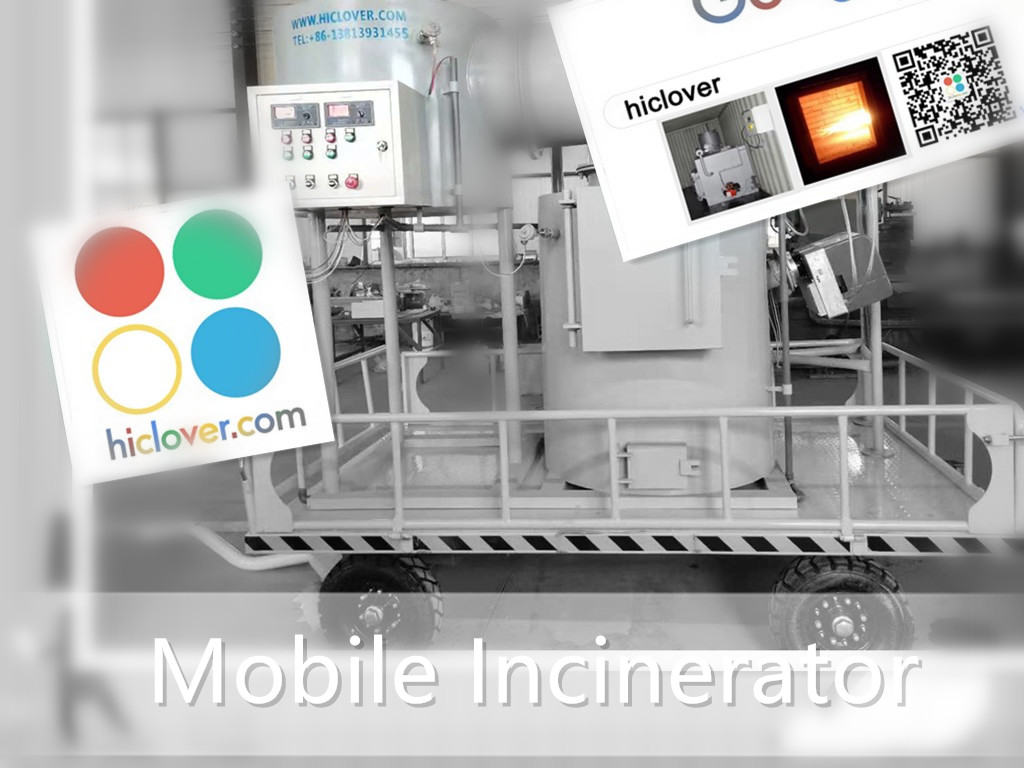Health care waste incineration is a common method of disposing of medical waste in many countries around the world. However, this process has raised significant community concerns and public health implications due to the potential release of harmful pollutants into the air and the environment.
One of the main concerns surrounding health care waste incineration is the release of toxic chemicals and pollutants into the air. When medical waste is incinerated, it releases a variety of harmful substances, including dioxins, furans, and heavy metals, which can have serious health effects on nearby communities. These pollutants can cause respiratory issues, cancer, reproductive problems, and other health problems in people who are exposed to them.
In addition to air pollution, health care waste incineration also has implications for the environment. The release of harmful chemicals and pollutants into the air can contaminate soil, water, and food sources, leading to long-term environmental damage. This can have serious implications for public health, as contaminated environments can lead to an increase in health issues for residents in the surrounding areas.
Furthermore, the disposal of medical waste through incineration can also lead to the creation of hazardous ash and emissions that require proper handling and management. If not properly disposed of, this waste can pose serious health and environmental risks.
Community concerns about health care waste incineration also stem from the potential for accidents and malfunctions at incineration facilities. If a facility is not properly maintained or managed, there is a risk of fires, explosions, and other incidents that can release harmful substances into the environment.
Given these concerns, there is a need for better regulation and oversight of health care waste incineration to ensure that it is carried out in a way that minimizes the impact on public health and the environment. Alternative methods of medical waste disposal, such as autoclaving or microwave treatment, should also be considered as more environmentally friendly and safer options.
Additionally, community engagement and public participation in the decision-making process regarding the location and operation of health care waste incineration facilities are crucial. Residents have a right to be informed about the potential risks and to have a say in how their health and environment are protected.
Ultimately, health care waste incineration has significant implications for public health and the environment, and it is imperative that these concerns are addressed through better regulation, oversight, and community engagement. By taking these steps, we can mitigate the potential health risks associated with the disposal of medical waste and ensure the well-being of communities and the environment.



